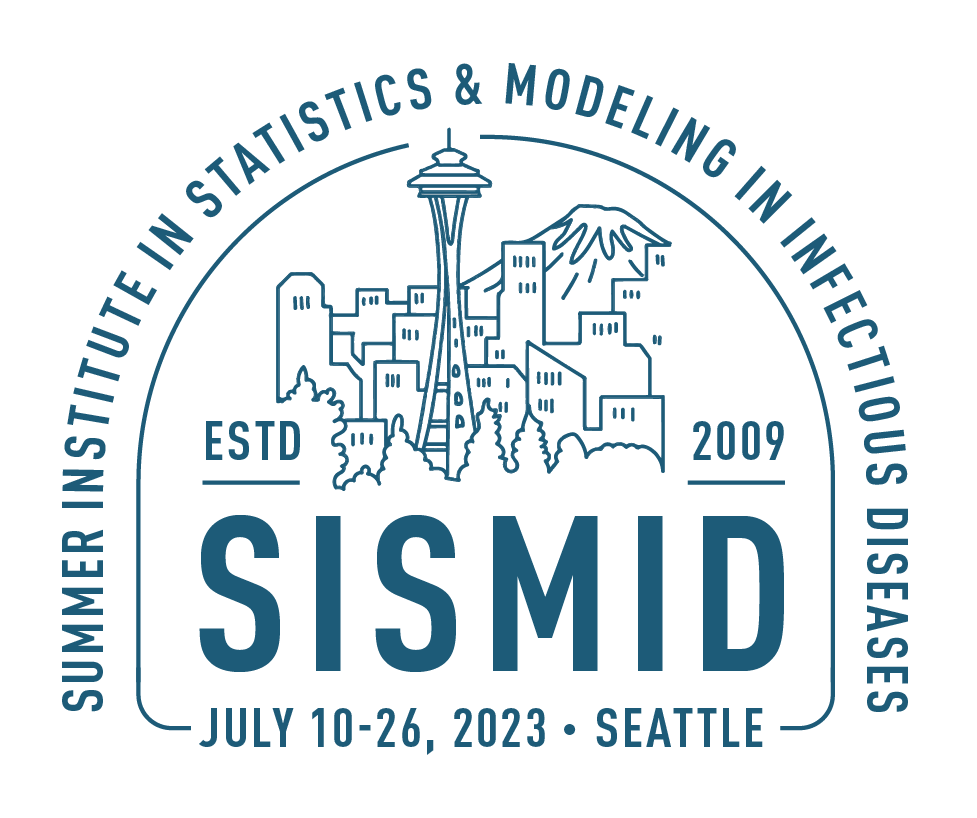
About
The course assumes all the material in Module 8: MCMC I for Infectious Diseases or the equivalent knowledge of MCMC. Students are expected to have a working knowledge of the R computing environment. Programming will be in R. Students new to R should complete an extensive tutorial before the module. This module assumes knowledge of the material in Module 1: Probability and Statistical Inference, though not necessarily from taking that module. Recommended, but not required: Knowledge of the material from Module 2: Mathematical Models of Infectious Diseases or Module 5: Stochastic Epidemic Models with Inference, or the equivalent, would be helpful, but not required. This module looks in detail at practical implementation issues for MCMC methods when applied to data from infectious disease outbreaks. The main focus will be towards inference for the SIR (susceptible-infected-removed) model. Topics include parameterization, methods for improving convergence, assessing MCMC output, and data augmentation methods. Programming will be carried out in R.
Lecture Notes (pdf)
Lecture 1: Simulation
Lecture 2: SIR Models (1)
Lecture 3: SIR Models (2)
Lecture 4: Households
Lecture 5.1: Applications
Lecture 5.2: ABC
Lab Session 1: Simulation
Handout R file: -simulation.R-
Solutions
Lab Session 2: SIR Models (1)
Solutions
Lab Session 3: SIR Models (2)
Handout R file: -coding.R- R file: mcmc-Markov.R
Dataset: data.txt Dataset: dataset_min.txt Dataset: dataset_max.txt
Solutions
Lab Session 4: Households
Handout R File: -households.R-
Solutions
Solutions mcmc_hh_incomplete.R